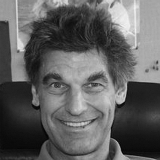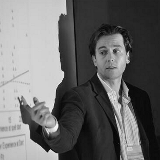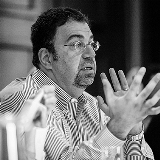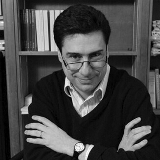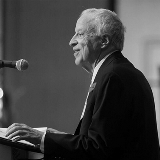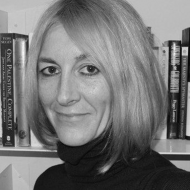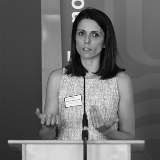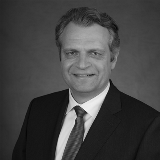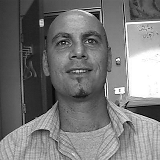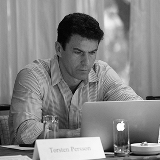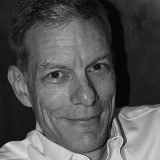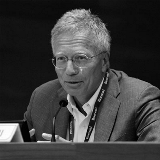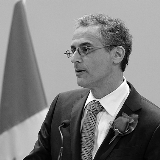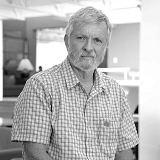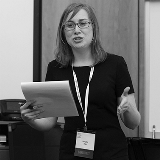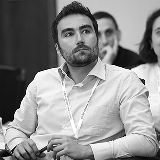Institutions, Organizations & Growth
Why are some countries rich and others poor?
Throughout history economies around the world have developed with varying degrees of success. How well they perform over time is influenced by systems of governance, such as the political institutions, laws and even cultural norms that guide the exchange of wealth and power in society. The relations run both ways: as countries develop, this also brings about change in their institutions.
CIFAR’s program on Institutions, Organizations & Growth aims to move beyond the limits of traditional economic approaches and provide new frameworks for understanding why some nations succeed economically while others continually fail; why institutions that foster wealth and well-being in one culture, location, or historical period may be less effective in another; and what policies will create the greatest potential for progress.
Since the launch in 2004, fellows in the program have been at the forefront of integrating the role of political institutions and the ways in which society is organized into a framework for understanding prospects for economic growth and development. Today, they continue to break new ground by cultivating insights from across a broad range of disciplines into a fully integrated social science with a unique lens on social order.
By tackling the role that social order plays in shaping the economic well-being of a nation, IOG researchers aim to shed light on how to best address some of the toughest issues facing the world today, from poverty and inequality to instability and violence. Members draw on a broad range of methods and approaches, including theoretical modeling, statistical analysis of large data sets, experimental methods (in laboratory and field), and archival analysis of original historical data. Bringing complementary approaches to bear on the same research question is creating knowledge greater than the sum of its parts.
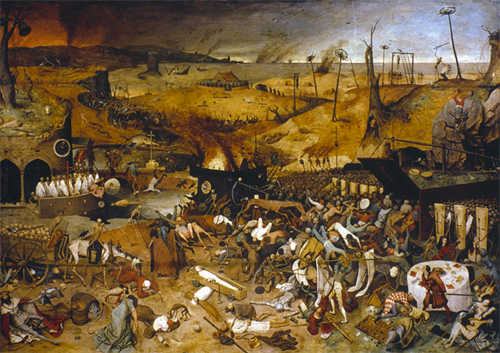
With momentous political, social and economic shifts transforming nations around the world, real understanding of development success and failure has never been more urgent or more possible. Research produced by members contributes significantly to a new understanding that institutions are not static entities, but dynamic forces with the power to affect citizens, communities and global development and be shaped by them in turn. The work can prospectively help poor nations grow out of poverty and provide insights that will guide international institutions, like the World Bank and the International Monetary Fund, to function in a better way. Members are regularly sought after for advice by world leaders, in Europe, Asia, and North America. Their work is affecting national and international policy on a variety of issues, from improving economic development and foreign aid, to managing political corruption and violent conflicts.
Over its first 10 years, this program has been at the forefront of linking the political and social structures of a country to its economic prospects and demonstrating that there is no one solution for all, that each country’s economy responds differently to institutional and organization structures because of its unique historical context. Program members explore formal rules that characterize institutions as well as informal rules, and how actual modes of behaviour respond to these rules. This is because institutions shape individual incentives not only through formal and legal provisions, but also through informal norms, habits and expectations. For example, the different approaches to the role of the state in the United States and Europe is deeply rooted in social order that has evolved over centuries and explains why policies such as Scandinavian style redistributive intervention, or a nationalized health‐care system, are unacceptable to many in the United States.
SELECTED BOOKS & PAPERS
Daron Acemoglu and Jim Robinson, Why Nations Fail: The Origins of Power, Prosperity and Poverty, Crown Business, 2012. SUMMARY
Philippe Aghion and Peter Howitt, The Economics of Growth, MIT Press, 2008. SUMMARY
George Akerlof and Rachel Kranton, Identity Economics, Princeton University Press, 2010. SUMMARY
Siwan Anderson and Debraj Ray, “Missing Women: Age and Disease,” Review of Economic Studies 77, 1262–1300, 2010. ABSTRACT
Roland Bénabou and Jean Tirole, “Incentives and Prosocial Behavior.” American Economic Review 96, 1652-1678, 2006. ABSTRACT
Tim Besley and Torsten Persson, Pillars of Prosperity: The Political Economics of Development Clusters, Princeton University Press, 2011. SUMMARY
Avner Greif, Institutions and the Path to the Modern Economy: Lessons from Medieval Trade, Cambridge University Press, 2006. SUMMARY
Elhanan Helpman, editor, Institutions and Economic Performance, Harvard University Press, 2008. SUMMARY
Matt Jackson, Social and Economic Networks, Princeton University Press, 2008. SUMMARY
Guido Tabellini, “Culture and Institutions: Economic Development in the Regions of Europe”, Journal of the European Economic Association 8, 677-716, 2010. ABSTRACT
Founded
2004
Renewal Dates
2008, 2014
Interdisciplinary Collaboration
Economics
Political science
Economic and political history
Social psychology
Anthropology
Fellows & Advisors
Program Directors
Fellows
Advisors
CIFAR Azrieli Global Scholars
Support Us
CIFAR is a registered charitable organization supported by the governments of Canada and Quebec, as well as foundations, individuals, corporations and Canadian and international partner organizations.
